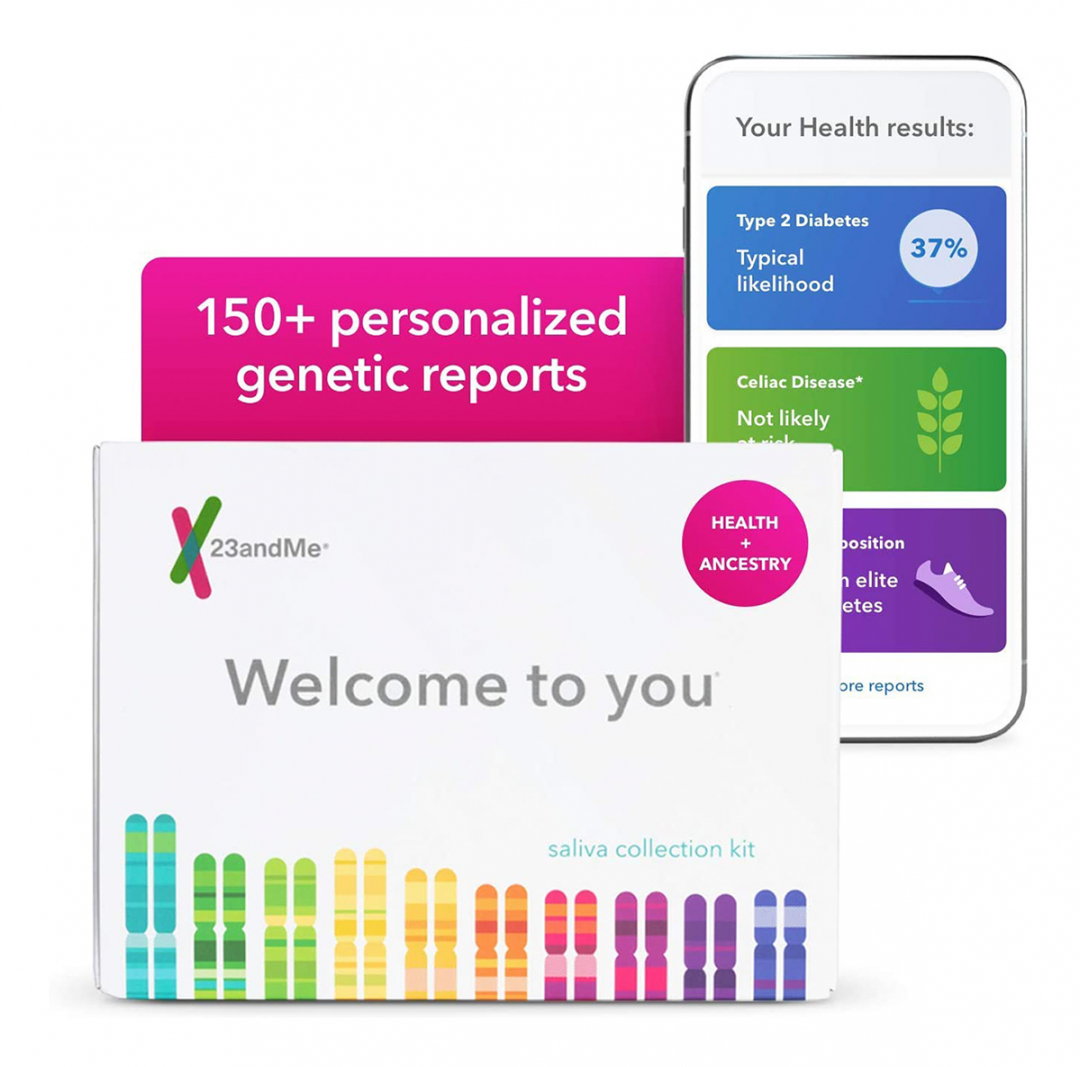Have you ever wondered about your ethnic heritage? Perhaps you’re adopted and wondering if your flaming red hair is Irish, Scottish, or Danish (like the original little mermaid). Maybe your parents were immigrants and slowly forgot their homeland to assimilate into a new country, but now you’re ready to research your roots. And while family lore says that you’re descended from royalty, wouldn’t it be nice to back that up with science?
Wonder no longer, as your DNA (combined with the power of massive research laboratories) has the answers! Or, at least, some of the answers. In fact, DNA testing services seem a dime a dozen nowadays:
And those are just the most established brands—we could easily triple that list with newcomers on the take-home ancestry test kit market. But at $80-100 a pop, you can’t exactly try them all. After some research, I chose the kit by the most established brand: 23andMe, who started DNA kits light years before the competition.
Another fun fact: while everyone was jumping on the cultural heritage DNA bandwagon, 23andMe was the only company to also list your genetic health and medical traits. In fact, this unique offering attracted the attention of the FDA, who subsequently made 23andMe suspend health kits while “investigating” if it was “safe” for you to see your own genetic health markers. Thankfully, the FDA butted back out and 23andMe as well as its competitors can now indicate potential medical components of your genes.
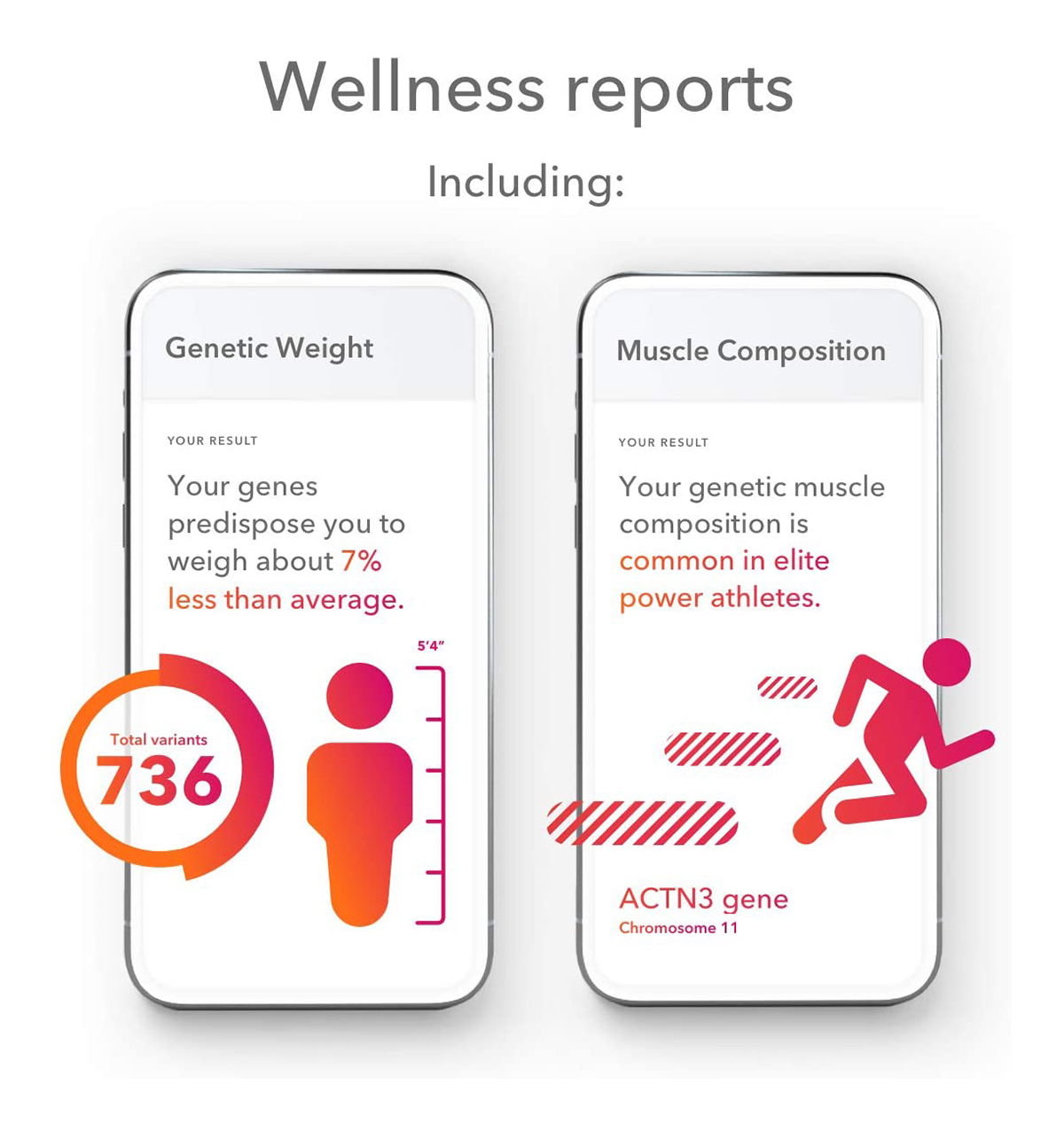
Although a number of my friends and family members chose the more affordable Ancestry kit. The Ancestry database has about 18 million profiles while 23andMe hovers around 13 million. More profiles should mean more accurate ethnicity results, and more chances to match up with relatives on the site. However, I wasn’t impressed with Ancestry’s “proprietary” method of genetic analysis, while 23andMe uses tried and true mitochondrial DNA and Y-chromosome testing.
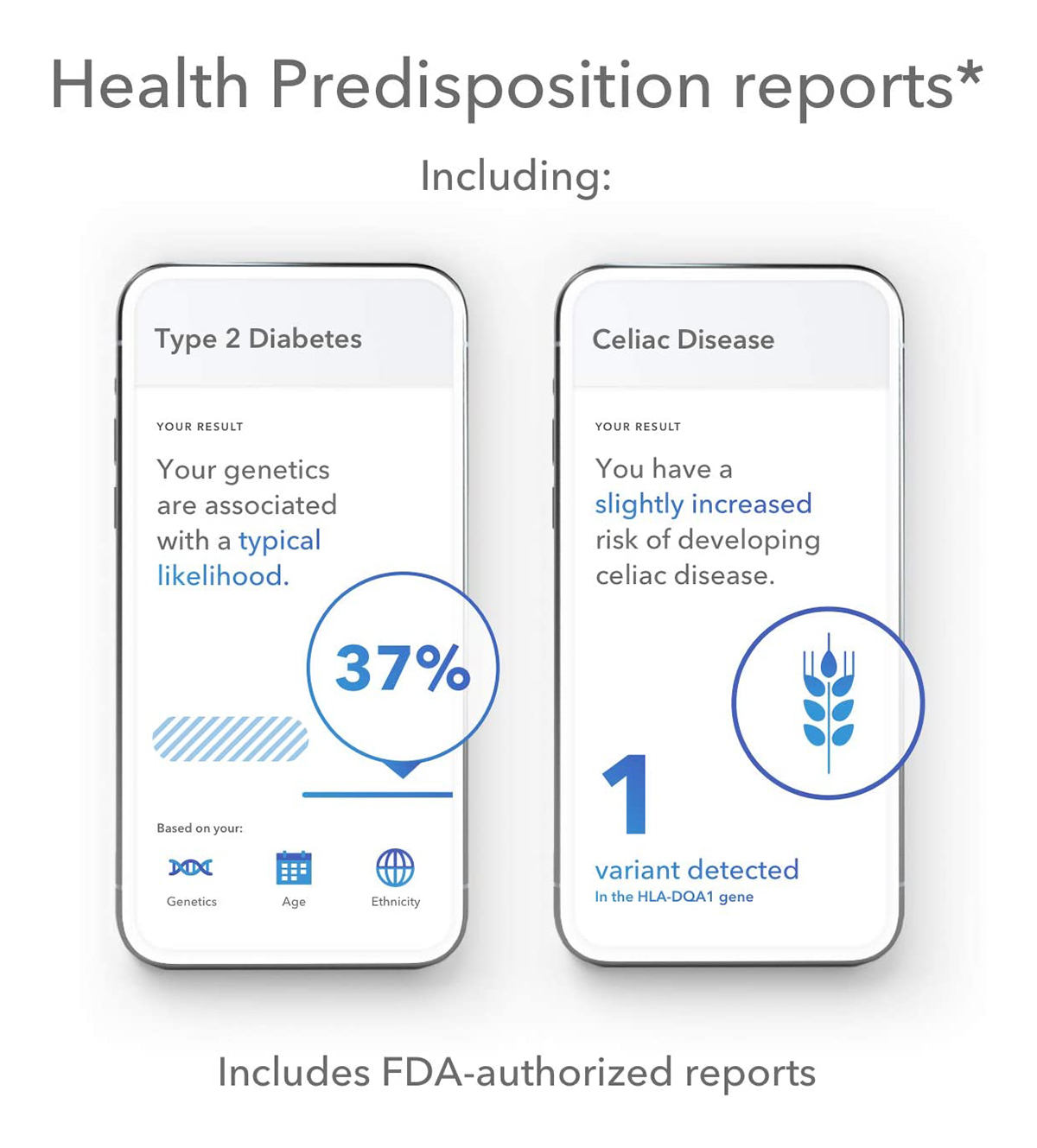
The health reports on Ancestry were lacking in both quality and quantity—providing just under 30 reports of mostly superficial health traits compared to 23andMe’s 150+ health reports. Additionally, 23andMe’s reports are FDA approved and will, with your consent, provide information about more sobering markers such as breast cancer, Alzheimer’s, and diabetes. And if you sign up for 23andMe’s subscription service you will also get pharmacogenetic reports, which is a fancy way to say predictions of how your genetic profile will react to prescription medications.
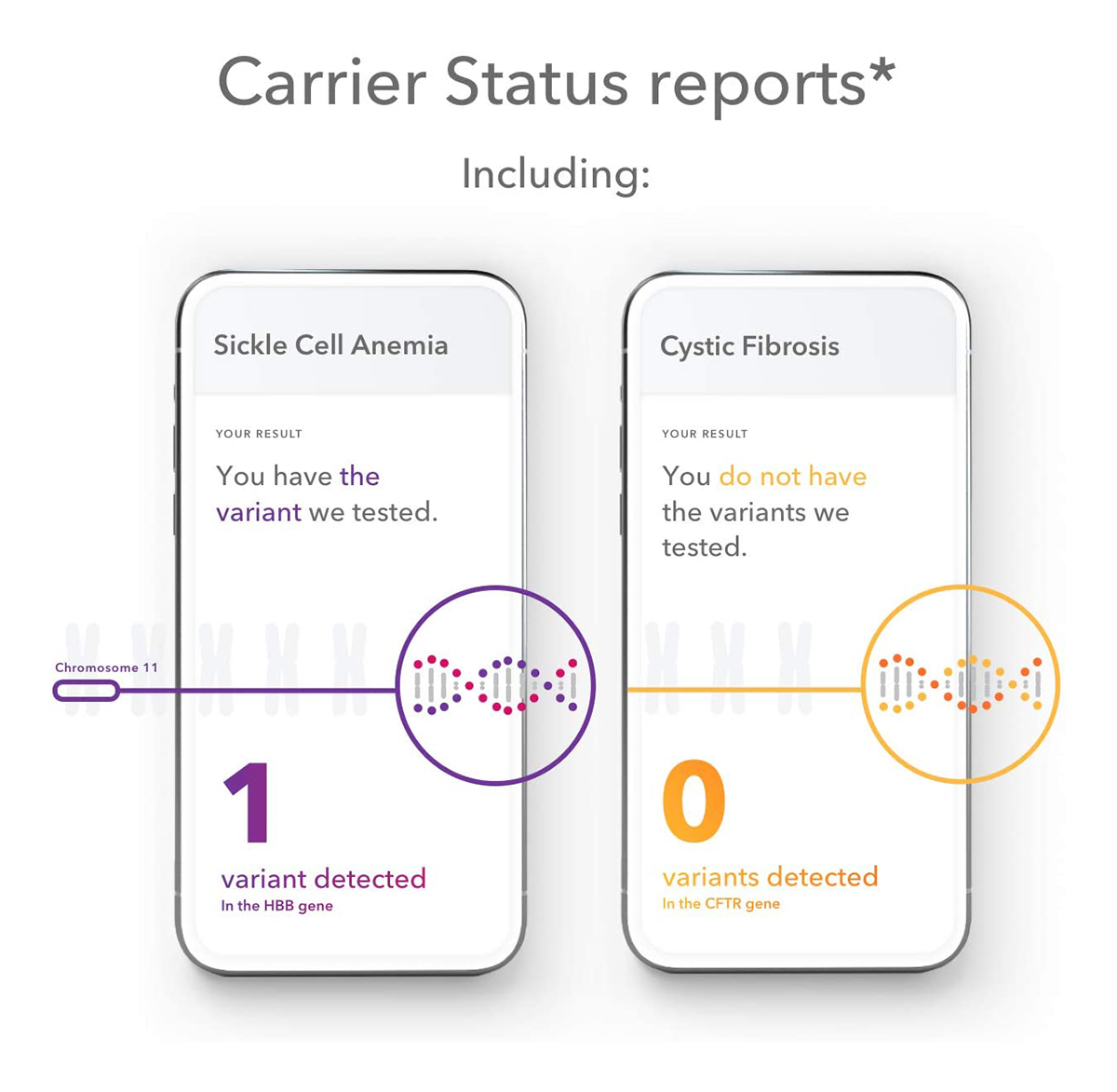
I also found 23andMe to have a better user interface especially regarding user consent. You can opt-out of nearly everything: research submission, potentially distressing health reports, and the relative finder. While Ancestry also offers opt-out for research submission and the relative finder, it’s difficult to find the opt-out option and it’s not clear if your information is actually deleted.
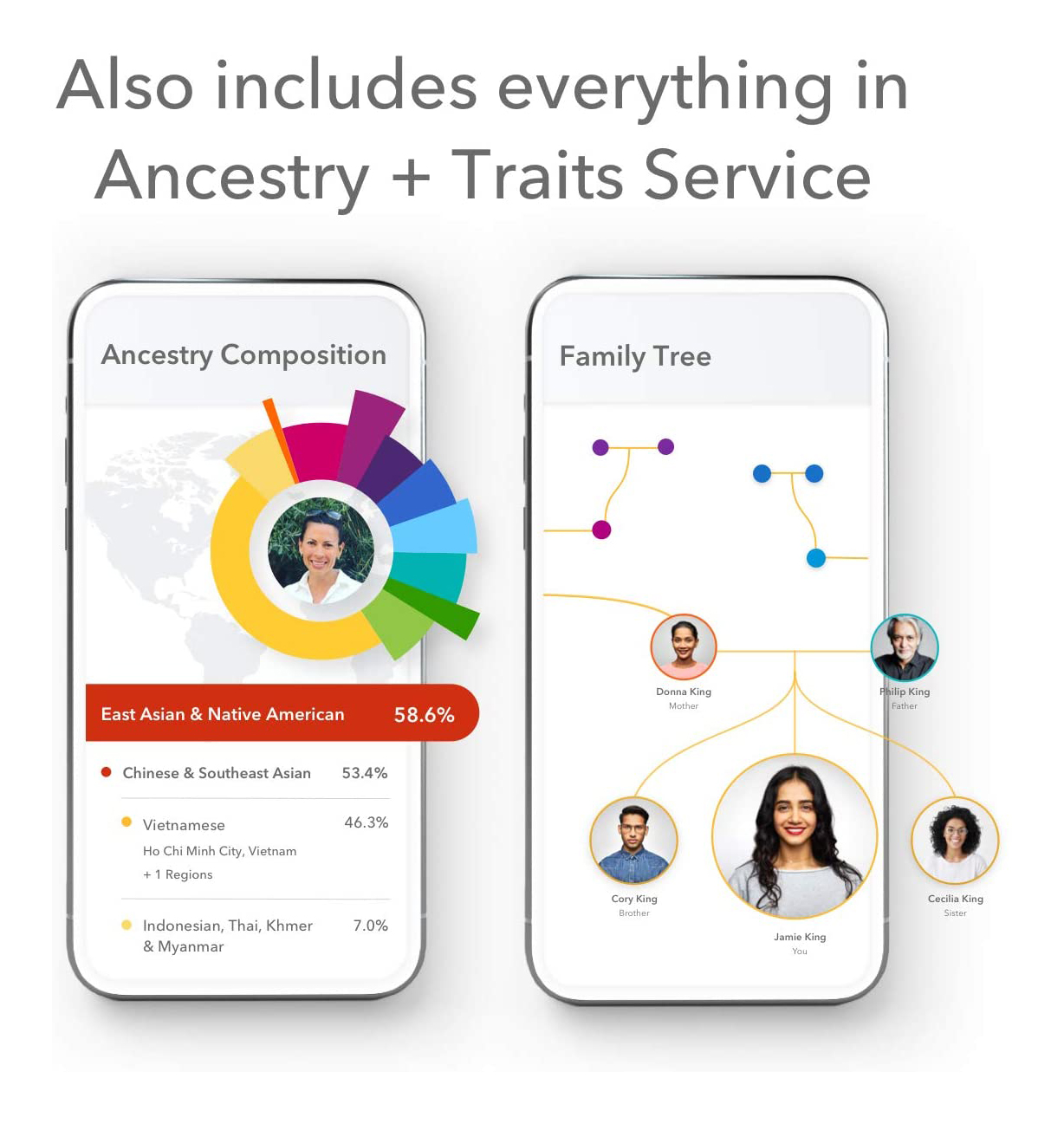
And while I was somewhat biased toward health reporting over ancestry reporting, 23andMe’s ethnic results are nothing to sneeze at. They provide a detailed percentage breakdown and even provide cultural information about each area of heritage. And perhaps the most unique “party trick” of the 23andMe kit: it’s the only ancestry service to show your level of Neanderthal!

